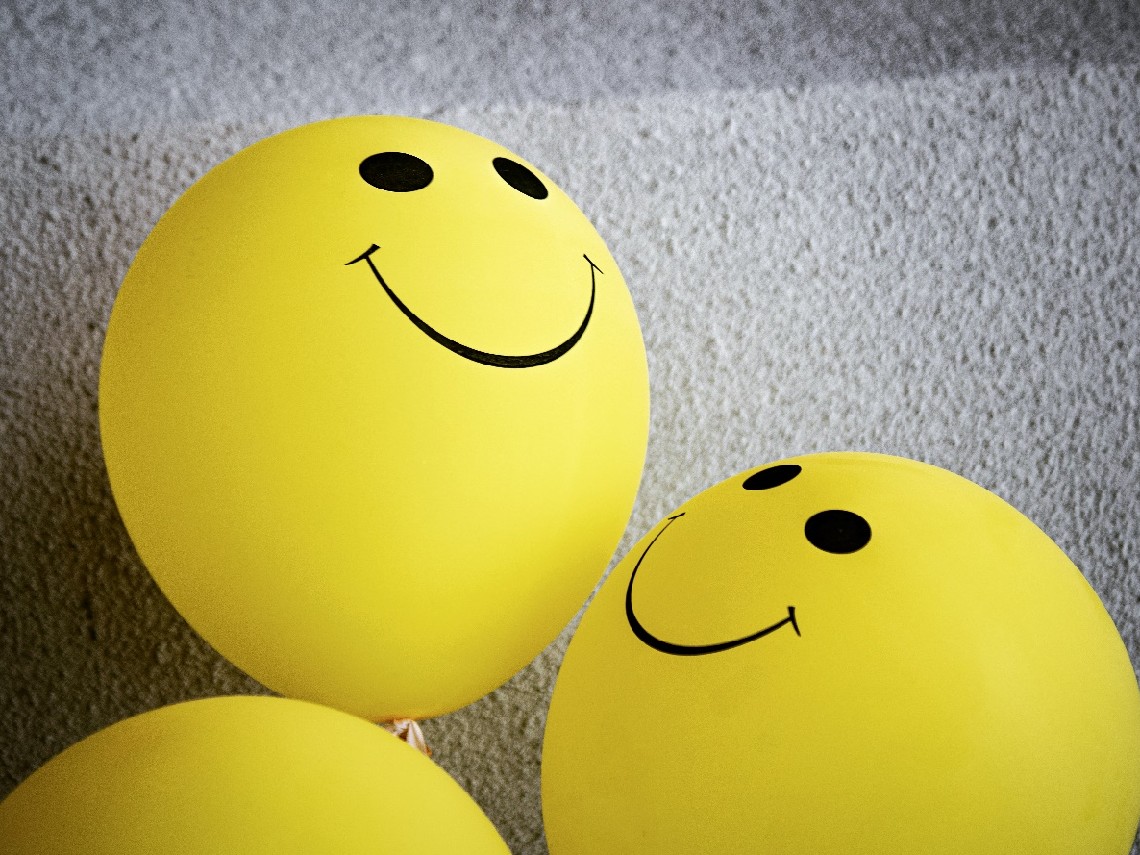
The sun'll come out tomorrow
Bet your bottom dollar that tomorrow
There'll be sun
Just thinkin' about tomorrow
It seems that Annie had it absolutely right.
Coming from the “pick yourself up and get going again when things go wrong” school of bringing up, I find people who flop around in an emotional mire tiring and in many ways their own worst enemies. They seem to expect the world to change round them and I know it sounds unkind to say this but they seem to enjoy feeling the sensation of too much unhealthy navel gazing.
It’s a very frequent experience in my line of work and it seems to be encouraged by some professionals. Look at what happened when Russia invaded Ukraine. There were articles on how young people (in the UK, not in the Ukraine, in the UK) could deal with their anxiety over Ukraine. Why should UK teenagers be so profoundly upset about something that did not affect them directly? But in Ukraine, they had gone from being residents to refugees overnight - living in bomb shelters, giving birth in cellars, trying to cope. It is a nonsense.
The research shows that talking about and dwelling on feelings too much is like eating sugar. It makes people feel better briefly but is bad for long-term mental health. And while antidepressants can be very effective, we need to be asking ourselves how we reached this point, because whatever we’ve been doing isn’t working. What can we do about it?
Enter stage left, the very down to earth Gillian Bridge, who has done extensive work in the field. Ms Bridge is an addiction specialist who has worked on the subject of brain language and behaviour for decades. She believes that the root cause of much of today’s mass unhappiness is the focus on ‘me, myself and I’. The approach causes a person to focus inwards.
People who look outwards and tell themselves: “this too shall pass”, “it’ll all look better in the morning” are happier and heathier because they have the ability to delay and see the bigger picture. This is closely associated with the development of the hippocampus which is memory, navigation and good mental health. Dwelling on unhappy or angry feelings and the now, blots out the ‘today is rubbish, but tomorrow will be better’ logic.
While getting back on the horse may not be the fashionable or even easy response, it works. Ms Bridge was so concerned by the level of poor mental health being reported that she has written a book to help parents and teachers educate their children. Having read it there are some useful takeaways for employers too.
She refers in discussion to the new smart dress code implemented by the head of Greater Manchester Police, According to recent reports, dressing in a disciplined way has helped turn the force around into one of the “most improved” in the country. Ms Bridge comments: “These officers were performing better at work because they were dressed smarter. So what does that tell us? That if you have a disciplined life and if you accomplish the things you set out to do, that gives you self-esteem – which makes you happier. But of course none of this happens if we are just sitting around ‘feeling’ things.”
As employers we can help our staff build self-discipline and resilience which is the inner scaffolding that will keep them standing throughout life’s ups and downs.
Sweet Distress: How our love affair with feelings has fuelled the current mental health crisis (and what we can do about it),Gillian Bridge
If you’re an employer with HR queries and problems, get in touch!
DISCLAIMER
Although every effort has been made to ensure the accuracy of the information contained in this blog, nothing herein should be construed as giving advice and no responsibility will be taken for inaccuracies or errors.
Copyright © 2022 all rights reserved. You may copy or distribute this blog as long as this copyright notice and full information about contacting the author are attached. The author is Kate Russell of Russell HR Consulting Ltd.
Latest blog posts
- Is There a Santa Clause?
06 / 12 / 2023
- Lend Us a Hand!
22 / 11 / 2023
- What Happens When There is a Clash in Protected Characteristics?
17 / 10 / 2023
- Encouraging a Healthy Workforce 2
21 / 09 / 2023
- Encouraging a Healthy Workforce
23 / 08 / 2023
- What a Disaster - (But We Have a Cunning Plan!)
20 / 07 / 2023
- It’s Time We Stiffened the Sinews
14 / 06 / 2023
- Why Is It So Important to Develop Emotional Resilience?
16 / 05 / 2023
- When is a discretionary bonus not discretionary?
20 / 04 / 2023
- Recovering Training Costs 15 / 03 / 2023
